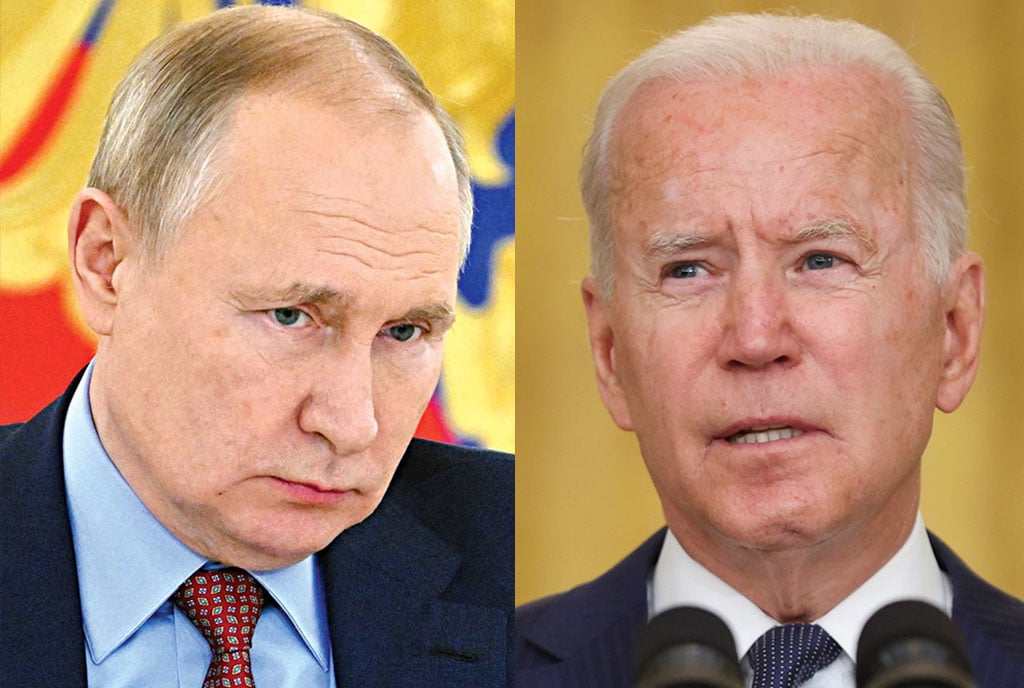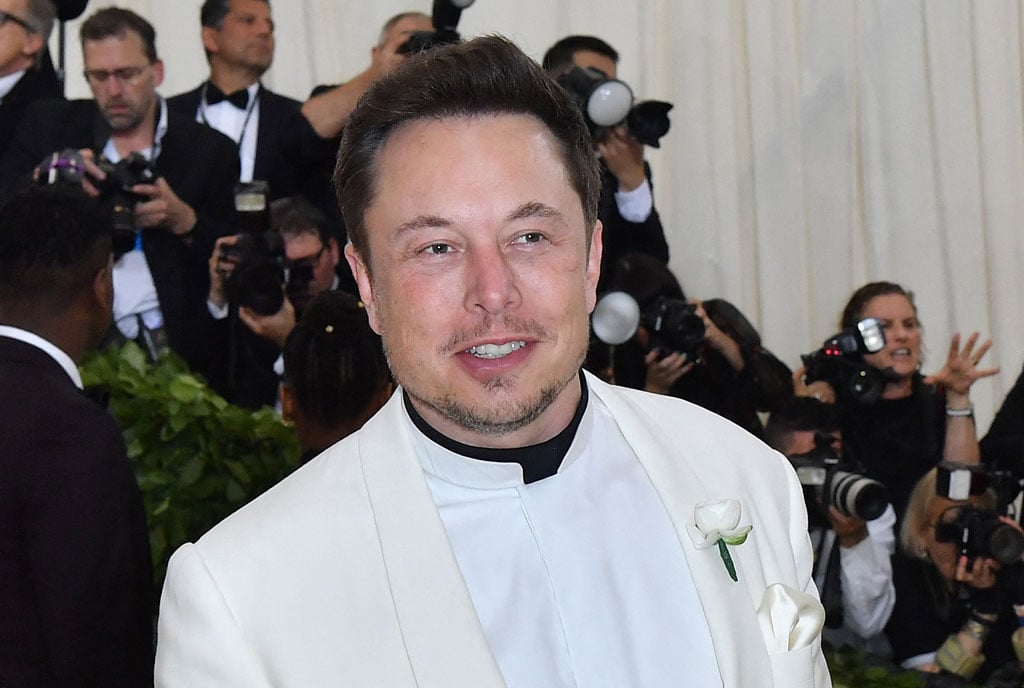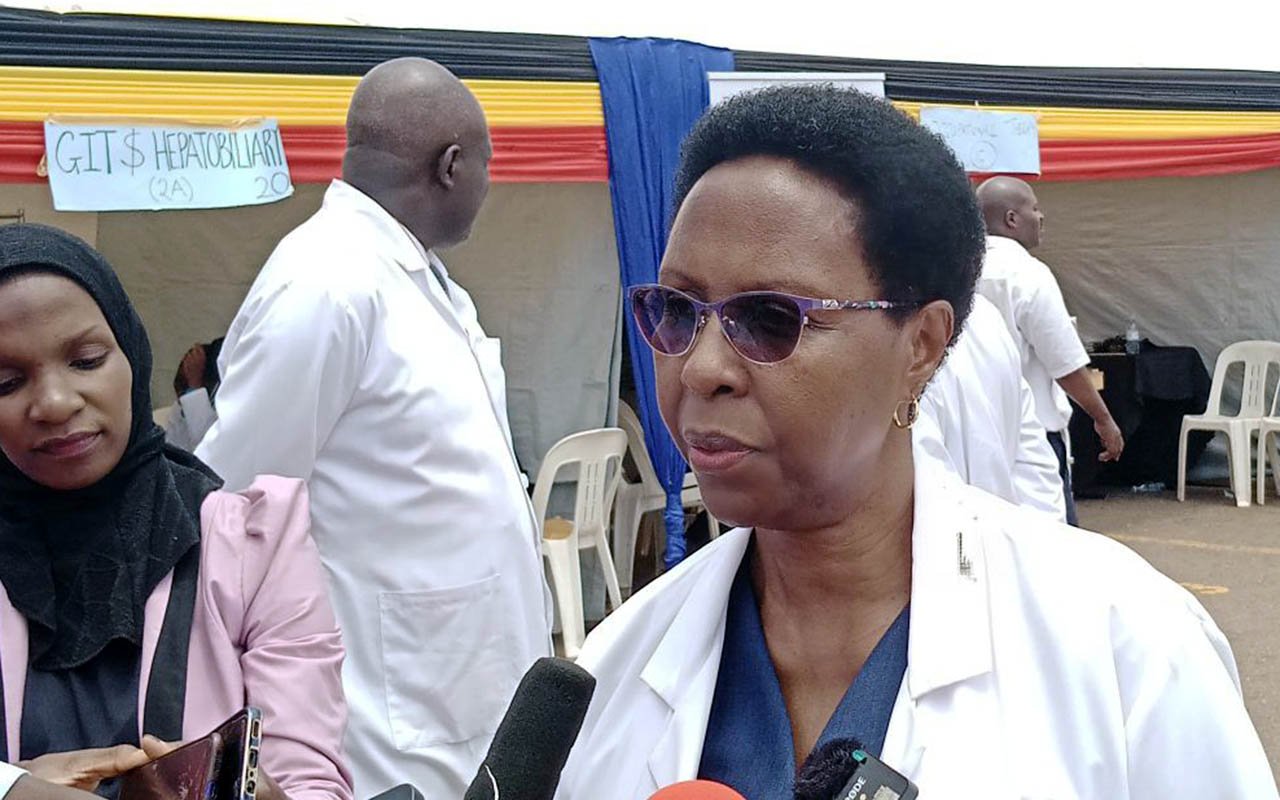Russia sanctions Biden and several top US officials

Russian President Vladimir Putin and U.S. President Joe Biden. PHOTO/COMBO
What you need to know:
- Russian forces pressed in on Kyiv Tuesday with a series of strikes on residential buildings that killed four people in the Ukrainian capital, despite a fresh round of talks aimed at halting the war.
- The number of refugees who have fled Ukraine since the Russian invasion on February 24 has topped the "terrible milestone" of three million.
Russia's foreign ministry said Tuesday that US President Joe Biden and a dozen other top officials had been banned from entering the country in a reciprocal response to US sanctions.
The measure, which also applies to Secretary of State Antony Blinken and Defense Secretary Lloyd Austin, "is the consequence of the extremely Russophobic policy pursued by the current US administration", the Russian foreign ministry said in a statement.
In response to Russia's military intervention in Ukraine, the United States banned Russian President Vladimir Putin and Foreign Minister Sergei Lavrov as well as adopting sanctions that have largely cut Russia off financially from the rest of the world.
Russia also put on its stop list Chairman of the Joint Chiefs of Staff Mark Milley, National Security Advisor Jake Sullivan, Central Intelligence Agency Director William Burns and White House Press Secretary Jen Psaki.
Also on the list are Deputy National Security Advisor Daleep Singh, US Agency for International Development chief Samantha Power, Deputy Treasury Secretary Adewale Adeyemo, and US Export-Import Bank chief Reta Jo Lewis.
Russia also banned from entry Biden's son Hunter and former secretary of state and Democratic presidential candidate Hillary Clinton.
The foreign ministry warned Moscow will soon announce additional sanctions against a range of "Russophobic" US officials, military officers, lawmakers, businessmen and media personalities.
Biden to attend NATO, EU summits in Brussels next week
US President Joe Biden is to travel to Brussels for NATO and EU summits next Thursday, officials said, as western allies align their response to Russia's invasion of Ukraine.
The gatherings on March 24 of the US leader with his European counterparts comes after the Washington and Brussels unveiled successive waves of coordinated sanctions against Russia.
"We will address Russia's invasion of Ukraine, our strong support for Ukraine, and further strengthening NATO's deterrence and defence," NATO Secretary General Jens Stoltenberg said in a tweet.
"At this critical time, North America and Europe must continue to stand together," he added.
At the March 24th summit in Brussels, Biden will "reaffirm our iron-clad commitment to our NATO allies," White House Press Secretary Jen Psaki told reporters.
At the EU summit, leaders would discuss the invasion of Ukraine and Western efforts to impose "economic costs on Russia, provide humanitarian support to those affected by the violence and address other challenges," Psaki said.
"In these testing times our transatlantic action is more important than ever," EU council chief Charles Michel said in a tweet.
'Terrible milestone' of three million refugees fleeing Ukraine
The number of refugees who have fled Ukraine since the Russian invasion on February 24 has topped the "terrible milestone" of three million, the United Nations said Monday.
The UN's International Organization for Migration said the landmark figure had been surpassed.
"Three million lives uprooted. Three million women, children and vulnerable people separated from their loved ones," said IOM chief Antonio Vitorino.
UNHCR, the UN refugee agency, said 2,969,600 Ukrainians had fled across their country's borders, with the IOM adding that 157,000 third-country nationals had also fled.
An IOM spokeswoman said "millions more" people were still stuck inside the country or internally displaced within Ukraine.
UNHCR chief Filippo Grandi said: "Today we have passed another terrible milestone: three million refugees have fled from Ukraine. The war has to stop. Now."
UNICEF, the UN children's agency, said around half of those who had fled were children.
"It means stress and sadness" for children, spokesman James Elder told reporters in Geneva, leaving their fathers behind to fight and witnessing their mothers eventually cracking after days of stoicism trying to escape to safety.
The UNHCR initially estimated that up to four million people could leave, but last week admitted that figure might well be revised upwards.
Before the conflict, Ukraine had a population of 37 million in the regions under government control, excluding Russia-annexed Crimea and the pro-Russian separatist regions in the east.





